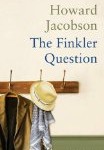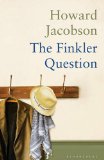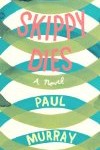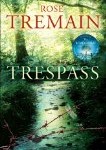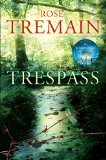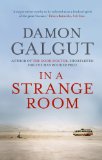 Long listed for 2010 Booker Prize
Long listed for 2010 Booker Prize
In a Strange Room is made up of three short stories, each describing a journey taken by a South African man called Damon. There is so little plot that it is almost impossible to write a review without letting you know exactly what happens and so I won’t explain any more than that. If you’d like to know these details in advance then I recommend that you read this glowing review from The Guardian. I prefer to know as little as possible before starting a book and so instead of filling you in on the tiny amount of plot I’ll let you know my thoughts on the book.
As you might have guessed I wasn’t a big fan of In a Strange Room. The writing had a cold, almost clinical feel to it and this meant that I failed to engage with Damon (is it just me that gets annoyed when authors name their central character after themselves?). There was also a lack of punctuation, which added to the stilted feel.
What’s the matter.
Don’t you think we should get bigger maps. With more detail. Four or five of them for the whole country.
But what for.
Then we can plan every part of the walk.
But we can plan with this.
But not enough.
They look at each other, this is the first time they’re out of step.
There was a lot of thoughtful wisdom in this book, but there was almost no plot and therefore no forward momentum. Luckily the book was quite short (180 pages of well spaced type) and so I read it in one sitting.
I’m afraid that this one wasn’t for me, but if you enjoy literary novels with more theme than emotion then this may be for you.
Opinion is divided on this one:
….a deeply understood — and equally deeply troubling — narrative of what might happen if you choose to “travel” to escape your demons. Kevin from Canada
I did not care for it very much. Paperback Reader
I thoroughly enjoyed this intellectually engaging novel…. Nomad Reader
Have you read anything written by Damon Galgut?
Which was your favourite?

